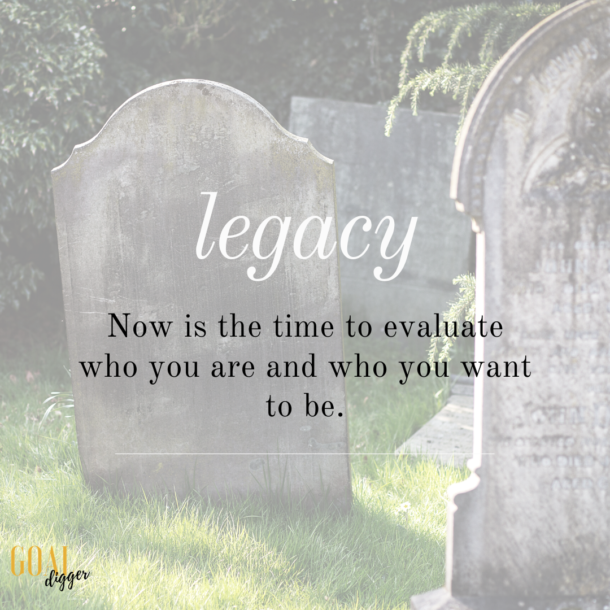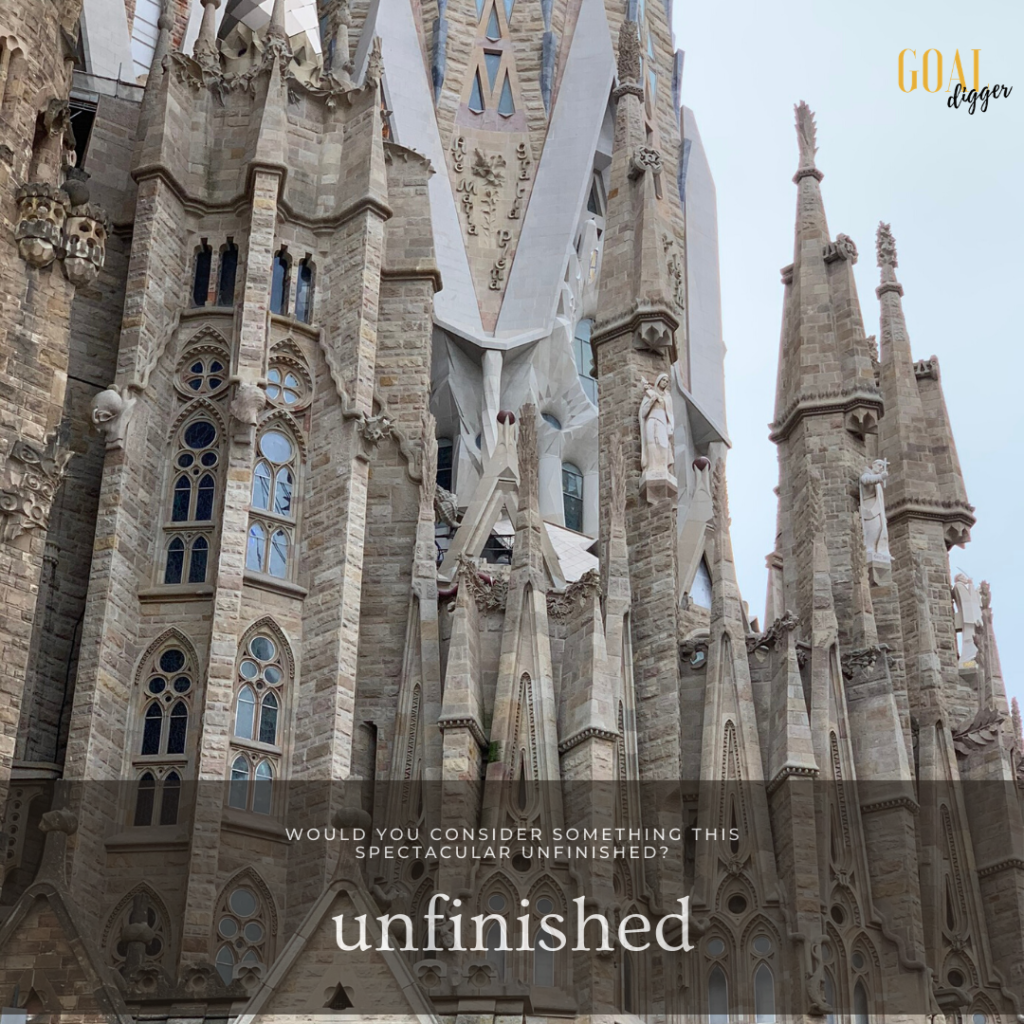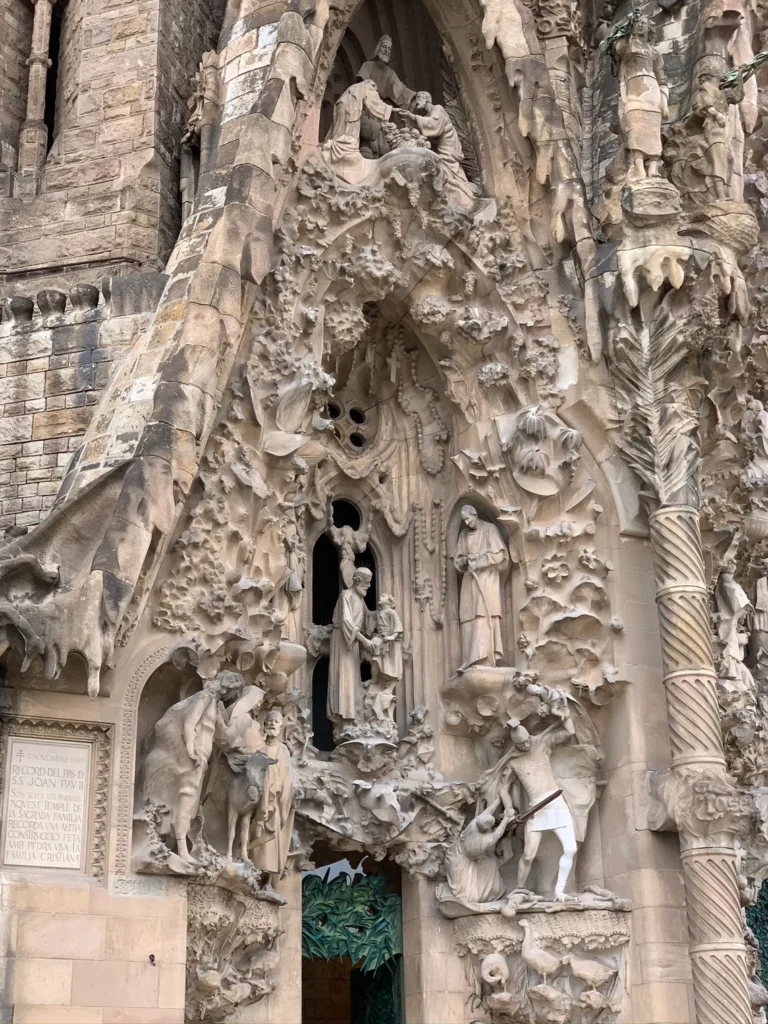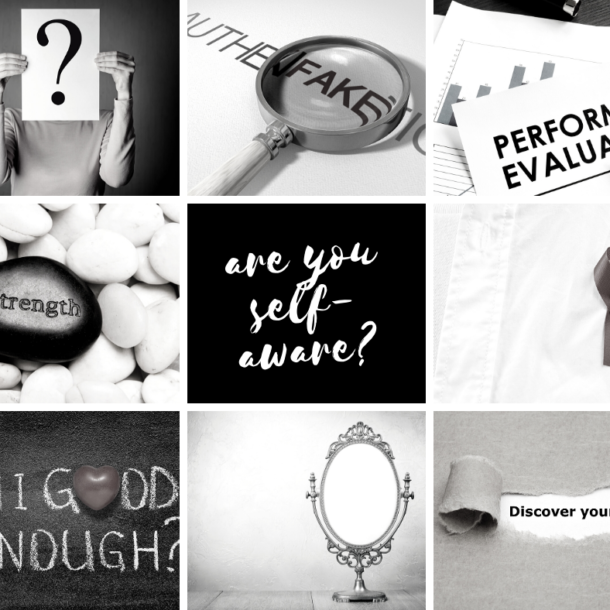

A recent visit to The Basílica de la Sagrada Família, also known as the Sagrada Família, in Barcelona, Catalonia, Spain sparked some thoughts on leadership. This large unfinished Roman Catholic basilica was designed by Antoni Gaudi and driven by the people and for the people (Foundation Board of the Expiatory Temple of the Sagrada Familia Foundation, 2019).
A beautiful building dedicated to the community sounds admirable right?! But, consider the fact it is unfinished, more than 135 years after construction began! Who lets a project go on that long and who is willing to accept that?! For atleast five generations the construction has progressed, yet, this building is not expected to be completed until 2026 and that is only an estimate.
Most of us can only dream of a life that lasts 130 years. If a building is not able to be fully finished in that time, then how can we put expectations of perfection on our simple and seemingly short lives? Well, we do. We take the expectations of society and allow those expectations to drive what we build in our lives. We take the opinions of others and make a tweak in the construction of ourselves.
Millions of visitors pay admission to see this unfinished site because of the beauty it showcases in every nook and cranny. Most do not even consider the fact it is unfinished because of what is completed so far. Have you heard the phrase it is what is on the inside that counts? Consider the careful thought, detail, and effort put into every decision about this building. We are willing to make this kind of effort for our families and friends, but where is this kind of focus and intentionality on ourselves? Is there a fear of failure? Are we afraid we won’t live up to the vision others have for us or we have of ourselves? If we truly see ourselves as leaders, will we ever be finished?
Perhaps we should aspire to be unfinished. By acknowledging that we are unfinished, we are able to give ourselves some grace and recognize we cannot possibly be everything to everyone, great at everything we try, nor a perfectly constructed person mentally, emotionally, and physically. Sometimes we need permission to not be everything to everyone, so here is your permission slip – be what you need yourself to be and if you feel unfinished figure out what it is that needs some extra love and attention and work towards that.
If we see ourselves as never fully finished, then should be able to more easily open ourselves up to opportunities for growth and development. This connects to a message from Heifetz and Linsky (2002) in their book, Leadership on the Line:
“Grandiosity sets you up for failure because it isolates you from reality. In particular, you forget the creative role that doubt plays in getting your organization or community to improve. Doubt reveals the parts of reality that you missed. Once you lose your ability to doubt, you see only that which confirms your own competence.
Of course, the experience of going beyond your competence is also a necessary part of leadership” (p. 173).
When there is doubt, we are willing to consider what it takes to be better or do more, instead of believing we have it all figure out. We also have to be willing to go beyond what we think we are capable of to test the waters and see what we are capable of.
When we think about finishing something, it is mostly so we can start something new. We cannot start our life over, so why be finished with living it fully? Why not continue to work towards improving something or growing in an area that needs some work? Strive to see yourself as unfinished!
References
Foundation Board of the Expiatory Temple of the Sagrada Familia Foundation. (2019). Retrieved from https://sagradafamilia.org/historia-del-temple
Heifetz, R. A. & Linsky, M. (2002). Leadership on the line: Staying alive through the dangers of leading. Harvard Business School Press.


